The time period that brought about new machines and factories that replaced animal power and handmade goods is called the __________ ___________.
What is the Industrial Revolution?
He proposed the theory of "natural selection," which said that all living things change over time.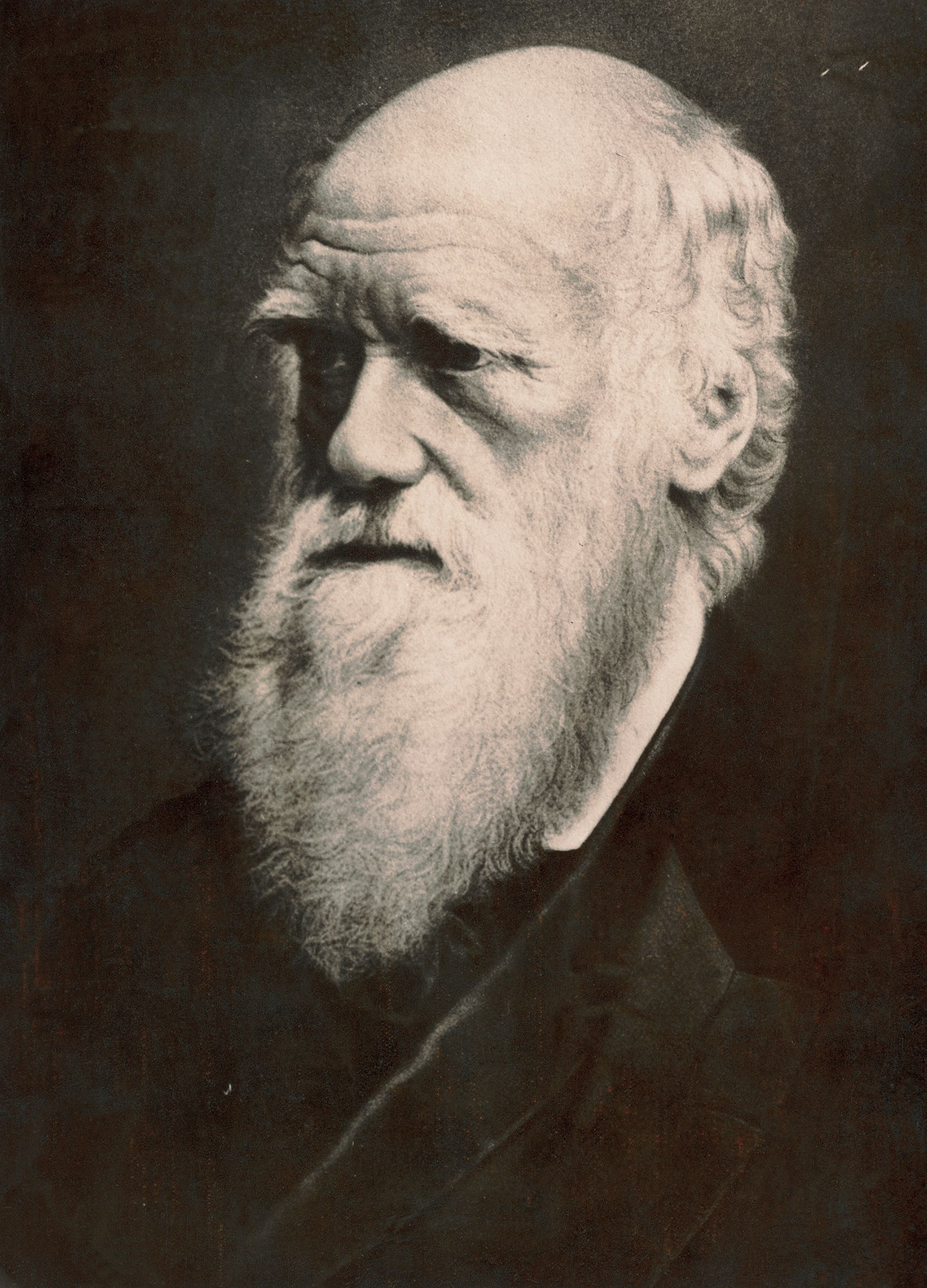
Who is Charles Darwin?
This invention (patented by Eli Whitney) made large-scale enslaved labor much more profitable in the American South.
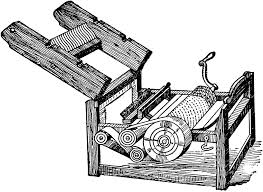
What is the cotton gin?
True or False: Karl Marx believed labor unions would make life better for workers.
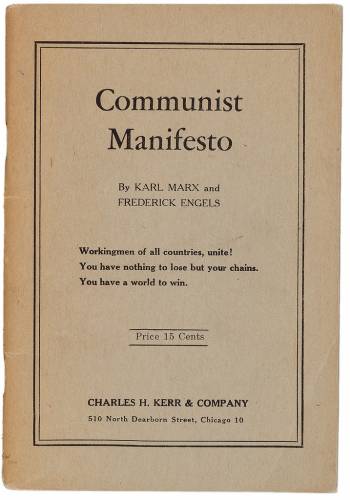
What is true?
The Industrial Revolution began in the country of ________________.
What is Great Britain?
He invented the electric telegraph.
:format(jpeg):mode_rgb():quality(90)/discogs-images/A-3015309-1434922408-4169.jpeg.jpg)
Who is Samuel Morse?
This British poet of the Romantic movement went to Greece to support the revolt against the Ottomans and died there. 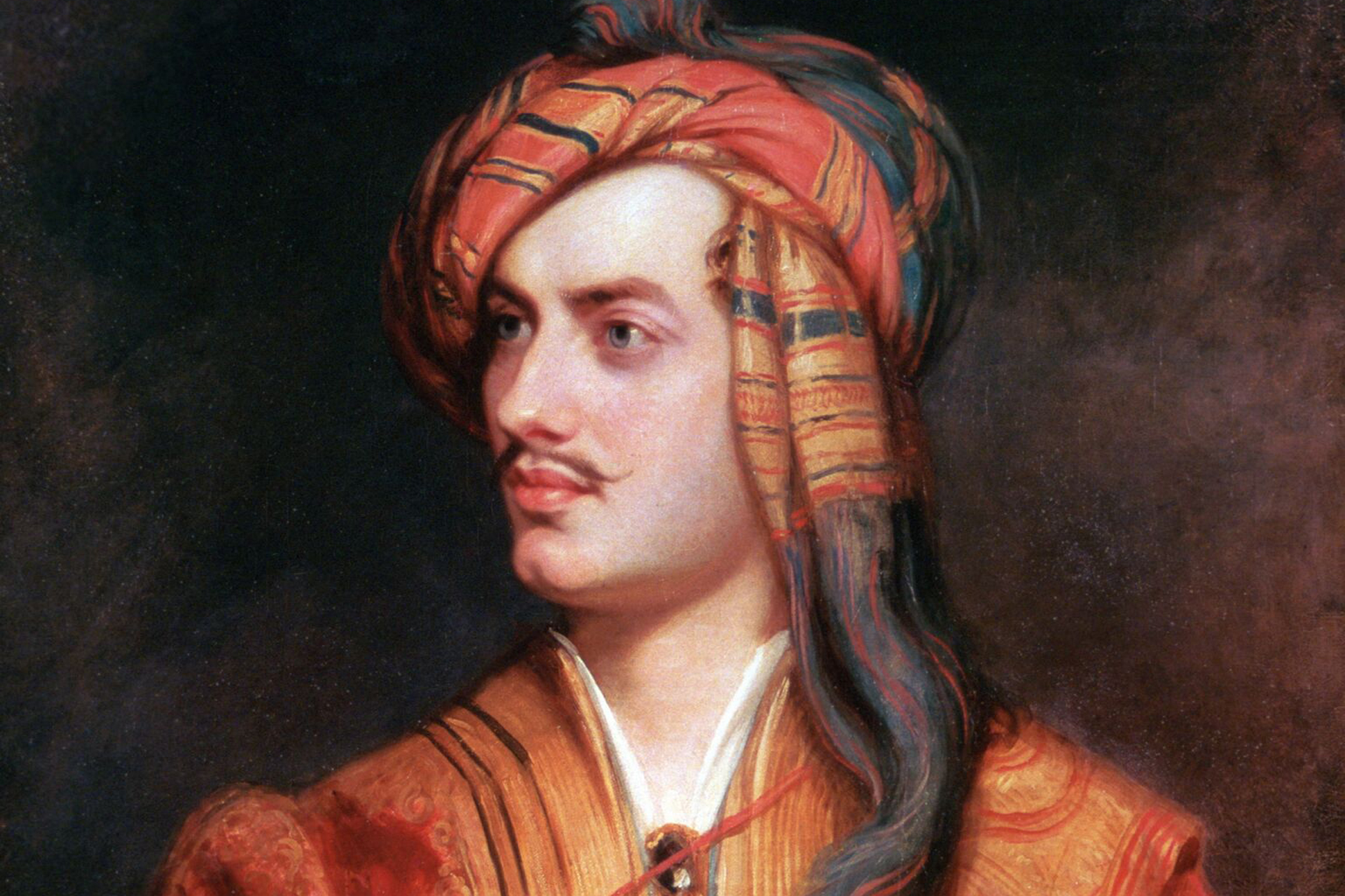
Who is Lord Byron?
This was the first part of the economy to be transformed by the Industrial Revolution. (HINT: Think of cloth and fabrics, and it starts with a T.)
What are textiles?
True or False: Fulton got popular credit for "inventing the steamboat."

What is true?
This movement looked for the truth in nature and human emotions.
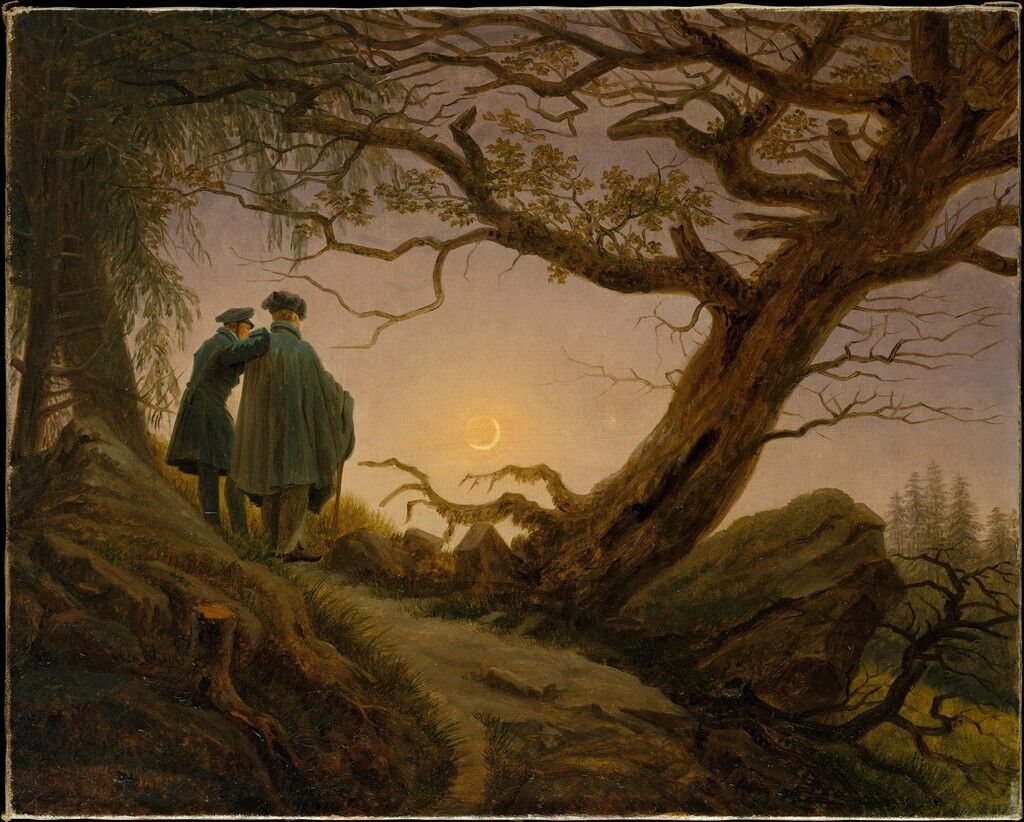
What is Romanticism?
This Caribbean country experienced a successful revolt by enslaved people in 1791 and became the world's first black republic in 1803.
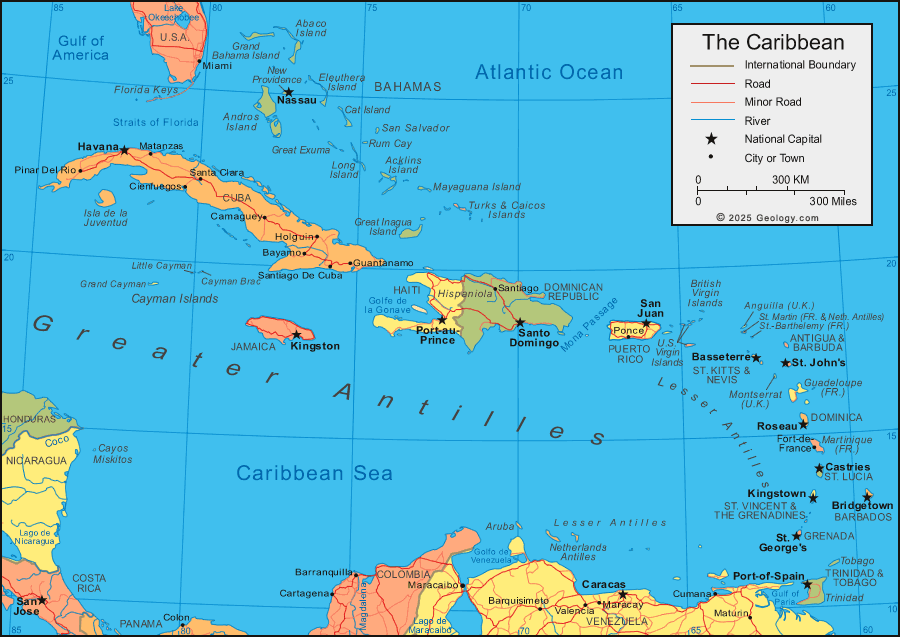
What is Haiti?
This British economist believed that competition among businesses is important and that "the market" is driven by self-interest and an "invisible hand".

Who is Adam Smith?
This painter of the Romantic movement took his easel out of his studio and set it up in the open air, to capture the scenery of his native southern England. 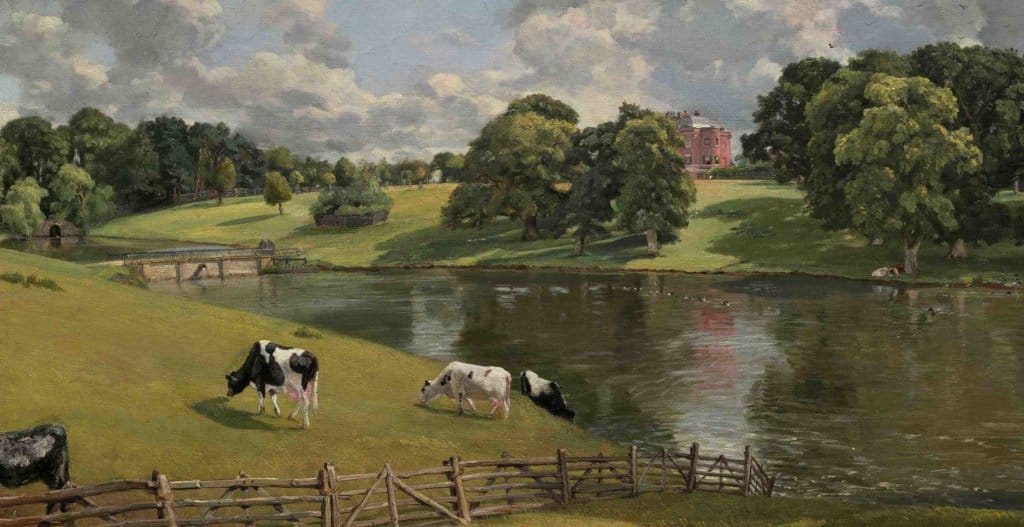
Who is John Constable?
Thomas Clarkson and William Wilberforce were known for ending the practice of ______________ in Britain.
What is enslavement?
This British poet helped launch the Romantic movement with his poet partner Samuel Coleridge and found inspiration in England's Lake District. 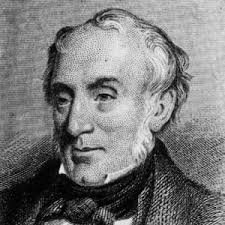
Who is William Wordsworth?
The painter (C)_______ (D)_______ (F)__________ of the Romantic movement depicted wild, untamed landscapes, rocky seacoasts, and dark forests.

Who is Caspar David Friedrich?
He invented the piston-driven steam engines that powered all kinds of machines in the Industrial Revolution. (HINT: a unit of electricity is named after him)
Who is James Watt?
Raw materials and finished goods could be shipped more quickly than ever before; the price of manufactured goods went down; and small towns increased in size. All of these occurred because of the advancement of the ____________ system across the westward expanding United States.
What is the railroad?
This painter of the Romantic movement was inspired by exotic lands and by revolutionary struggles for freedom.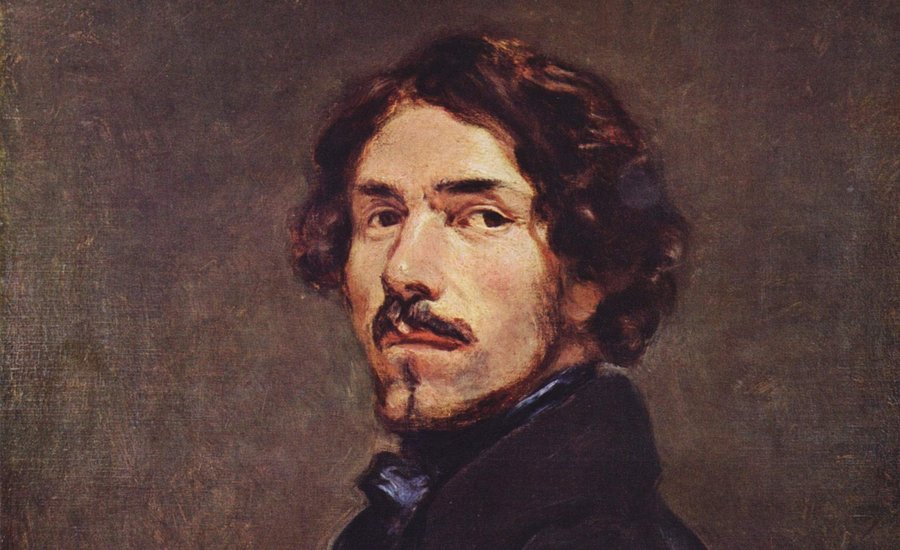
Who is Eugene Delacroix?
This idea or way of thinking helped strengthen the acceptance of enslaving people.

What is racism?
The Enlightenment ideas about liberty, natural rights, and human dignity did not apply to millions of the world's population, who were considered ____________.
What is enslaved?
The revolution in manufacturing and ____________ made it possible for people to buy goods from businesses in far off places.
What is transportation?
This German author of the Romantic movement wrote The Sorrows of Young Werther, a novel about a hero who completely followed his heart rather than his head. (HINT: Initials are JWvG)
Who is Johann Wolfgang von Goethe?
He influenced society in the 1800s by writing novels about the urban poor. You read an excerpt from his novel Hard Times published in 1854 in your textbook and he is also known for writing the famous A Christmas Carol. 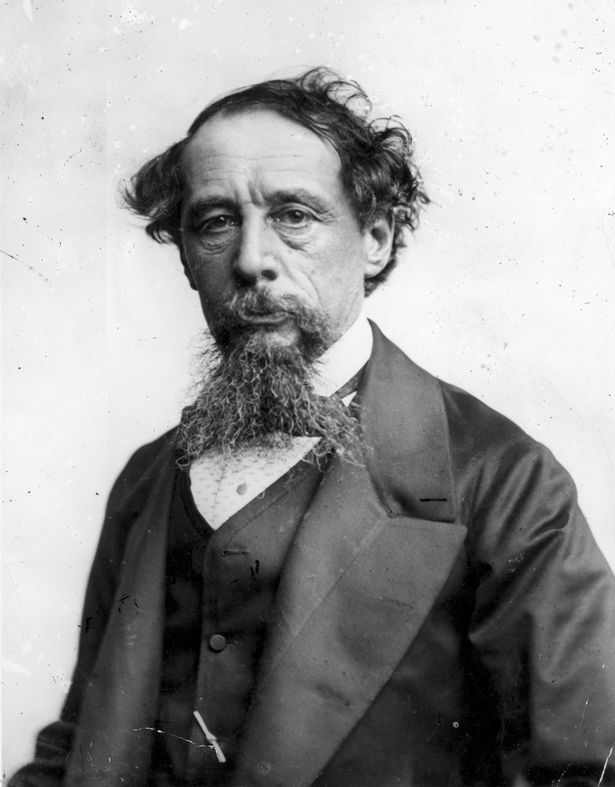
Who is Charles Dickens?
He believed that personal property should not exist, socialism was the best economic and political system, and that workers should revolt and take over factories and mills.
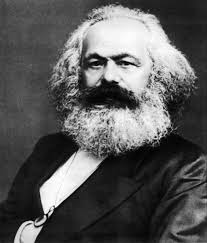
Who is Karl Marx?
